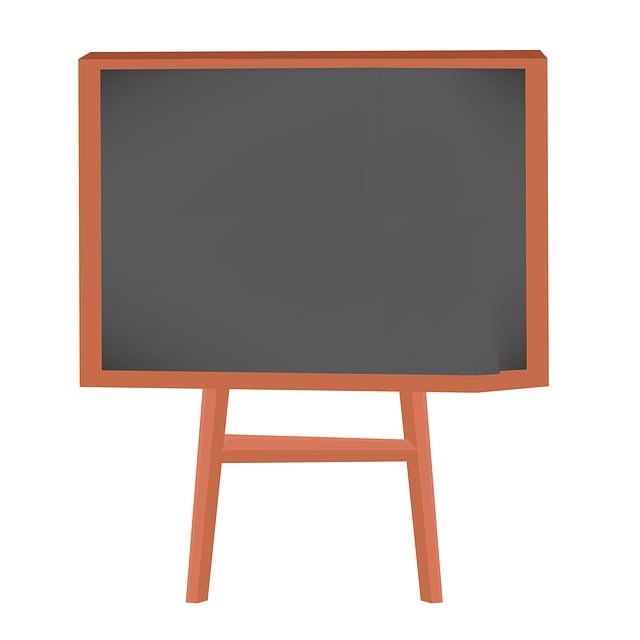Global academic institutions prioritize precise and accessible Lecture Notes and Teaching Materials through strict translation guidelines. Skilled translators with subject matter expertise navigate complexities, ensuring original intent preservation. These resources aid student understanding, fill knowledge gaps, and provide a level playing field for diverse learners. Quality assurance involves multi-stage evaluation by experts, addressing legal and ethical considerations. Consistency is maintained through standardized processes, leveraging technology and expert oversight to meet institutional standards.
In today’s global academic landscape, accurate translations of lecture notes and teaching materials are essential. Institutions increasingly rely on official, institution-approved translations to ensure quality and consistency in educational delivery. This article explores critical aspects of academic translation, including understanding translation standards, the impact of precise lecture notes on student success, evaluation processes, legal and ethical considerations, and best practices for maintaining institutional approval.
- Understanding Translation Standards for Academic Materials
- The Role of Accurate Lecture Notes in Student Success
- Ensuring Quality: Processes for Material Evaluation
- Legal and Ethical Considerations in Educational Translation
- Best Practices for Consistent, Institution-Approved Translations
Understanding Translation Standards for Academic Materials
In the realm of academic integrity, translation plays a pivotal role in ensuring that Lecture Notes and Teaching Materials remain accurate and accessible across linguistic barriers. Institutions worldwide uphold strict standards for translating such materials to guarantee quality and precision. These standards are designed to preserve the original meaning, context, and educational intent of the content.
Academic translators must possess not only proficiency in both source and target languages but also a deep understanding of the subject matter. They navigate complex terminology, conceptual nuances, and cultural differences to deliver translations that align with the highest academic expectations. This meticulous process involves extensive research, consultation with subject matter experts, and adherence to style guides specific to educational contexts.
The Role of Accurate Lecture Notes in Student Success
Accurate lecture notes and well-translated teaching materials play a pivotal role in student success, serving as indispensable resources that bridge the gap between classroom instruction and individual study. They provide students with a comprehensive summary of key concepts, theories, and practical examples discussed during lectures, ensuring no vital information is left behind. Well-crafted notes and translated materials not only aid in knowledge retention but also foster a deeper understanding of the subject matter.
These resources enable students to review complex topics at their own pace, fill in any gaps in their comprehension, and prepare effectively for assessments. Moreover, they offer a level playing field, especially for non-native speakers or students with learning differences, by providing them access to the same high-quality information as their peers. In essence, accurate lecture notes and translated teaching materials are not just tools; they are catalysts that enhance academic performance and contribute significantly to student success.
Ensuring Quality: Processes for Material Evaluation
Ensuring quality in translated lecture notes and teaching materials is paramount to maintaining educational standards. Institutions invest significant resources into evaluating translations, employing rigorous processes to guarantee accuracy and coherence. This evaluation often involves multiple stages, beginning with a preliminary review for linguistic fitness and conceptual understanding. Expert translators, familiar with both source and target languages, carefully inspect the material, ensuring it conveys the intended meaning without loss or distortion.
Subsequent checks include academic experts who verify factual information, terminology consistency, and alignment with educational objectives. This meticulous approach ensures that students receive materials of the highest caliber, facilitating effective learning experiences across diverse linguistic landscapes.
Legal and Ethical Considerations in Educational Translation
In the realm of education, the translation of lecture notes and teaching materials holds significant importance for students worldwide, especially in an increasingly globalized academic landscape. However, this process is not without its legal and ethical complexities. Translators must navigate a intricate web of intellectual property rights and cultural sensitivity to ensure accurate representation of educational content. Every translated document carries the potential to shape learning experiences, making it crucial to uphold integrity and precision throughout the translation process.
Institutions play a pivotal role in this regard, establishing guidelines and standards to validate the authenticity of translated materials. This includes ensuring compliance with copyright laws, recognizing the original author’s work, and preserving academic integrity. Moreover, ethical considerations demand that translators treat source material with respect, avoiding any bias or alteration that might distort the intended message. Such precautions safeguard not only the educational quality but also foster a trustworthy environment for global learners and educators alike.
Best Practices for Consistent, Institution-Approved Translations
When translating lecture notes and teaching materials for institutional approval, consistency is key. To ensure accuracy and quality, it’s essential to establish a standardized translation process. This includes employing professional translators with expertise in academic language who are familiar with the specific field of study. Standardization also involves using consistent terminology across all documents to maintain clarity and coherence. Institutions should provide comprehensive style guides and glossaries to facilitate this, ensuring that every term is accurately rendered each time.
Additionally, leveraging technology can greatly enhance efficiency and consistency. Utilizing specialized translation software and memory tools helps preserve terminology consistency and streamlines the review process. Regular quality assurance checks by subject matter experts further safeguard the accuracy of translations. By adhering to these best practices, institutions can ensure that translated lecture notes and teaching materials meet their standards while enhancing accessibility for a diverse student body.
The translation of official lecture notes and teaching materials plays a pivotal role in enhancing accessibility and student success in academia. By adhering to established translation standards and implementing robust evaluation processes, educational institutions can ensure high-quality, accurate, and legally sound materials. Best practices for consistent, institution-approved translations include collaboration among experts, adherence to ethical guidelines, and ongoing feedback loops. Ultimately, these measures foster a more inclusive learning environment, where students from diverse linguistic backgrounds thrive.



